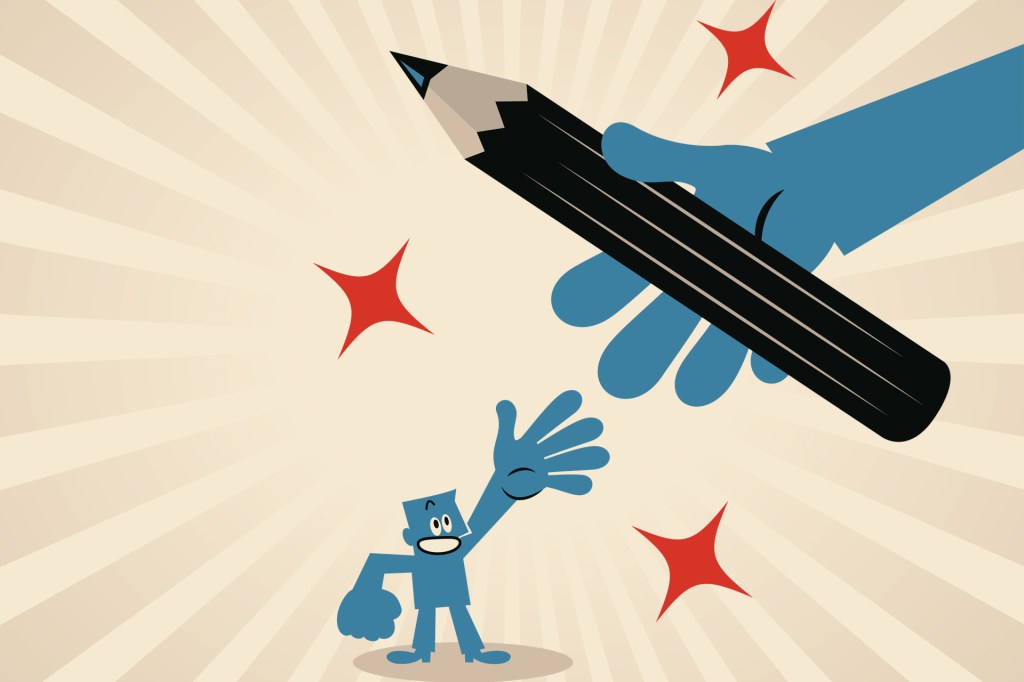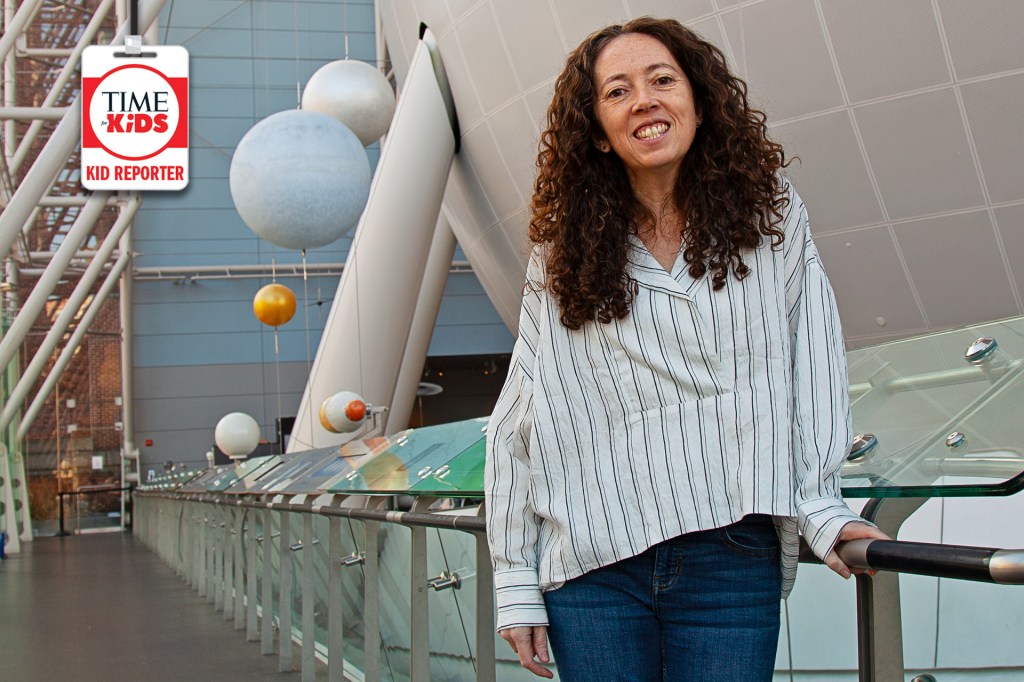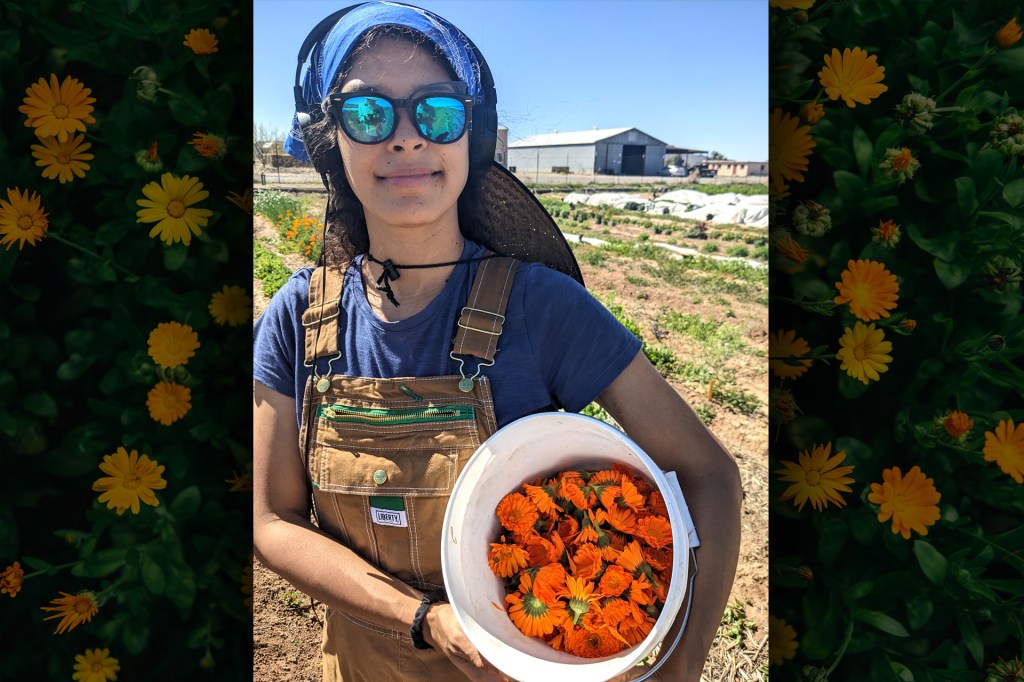
Research has shown that adults undervalue undervalue to assume that something is less important than it is (verb) the impact of random acts of kindness. They assume that their actions won’t make too much of a difference. But small acts of kindness mean a lot.
In 2023, researchers Margaret Echelbarger and Nick Epley published a study. It appeared in the Journal of Experimental Psychology. It described an experiment they had run. They wanted to find out if kids also undervalue their good deeds.
Powerful Pencils
The experiment took place at the Griffin Museum of Science and Industry. That’s in Chicago, Illinois. Researchers spoke with 101 kids who were visiting the museum.
With their parents’ consent, the kids were offered two free pencils. They could take both pencils home. Or they could perform an act of kindness. The act of kindness was allowing the researchers to give one of the pencils to a stranger. The kid could choose the recipient recipient someone who receives something (noun) .
Before giving away the pencil, the researchers asked the kids a question. The kids had to guess how “big” their act of kindness would feel to the recipient. Would the person be happy? Or would the gift feel like no big deal?
Many kids had trouble guessing, Yanyi Leng says. She’s a research assistant who helped with the experiment. Leng told TIME for Kids that some of the children said, “I’d like to give my pencil . . . but I’m not sure how they’re going to feel.”
Happy Results
The recipients were happy to get the pencils. And the givers felt happy after doing a good deed. “It speaks to the power of these small, random acts of kindness,” Echelbarger told TFK. “Like, ‘You could have chosen anyone, but you chose me.’”
Echelbarger and Epley’s study proves that doing good feels good. Echelbarger hopes the study will encourage kids to spread kindness. She says people usually appreciate when someone says hello or holds a door for them. “Those things—we like being recipients of them,” she says. “So we should also do them.”













